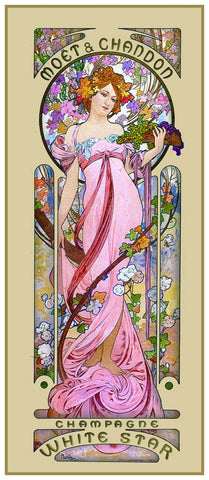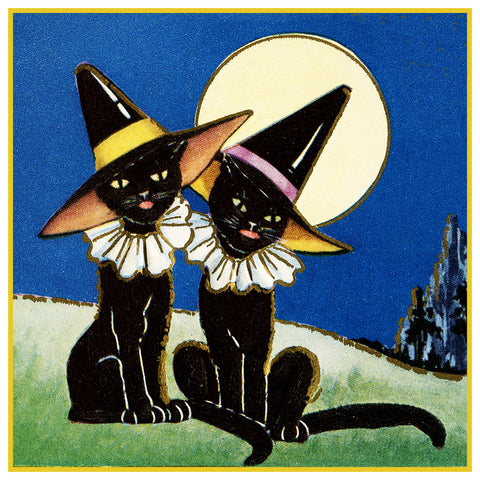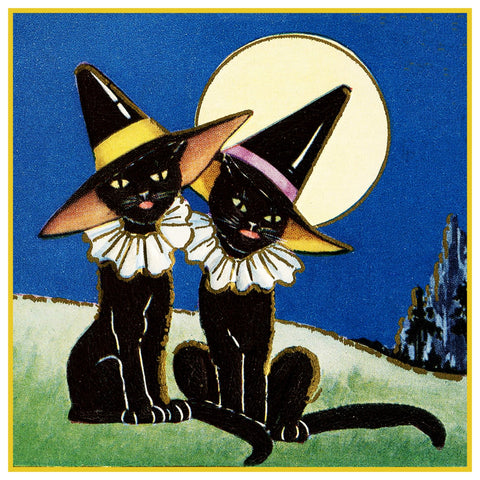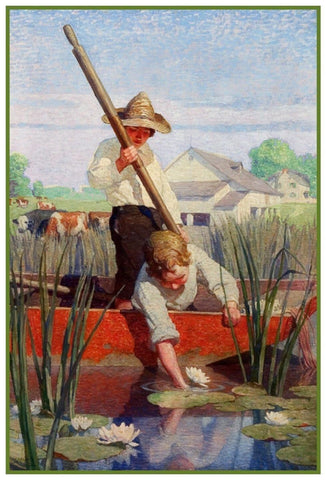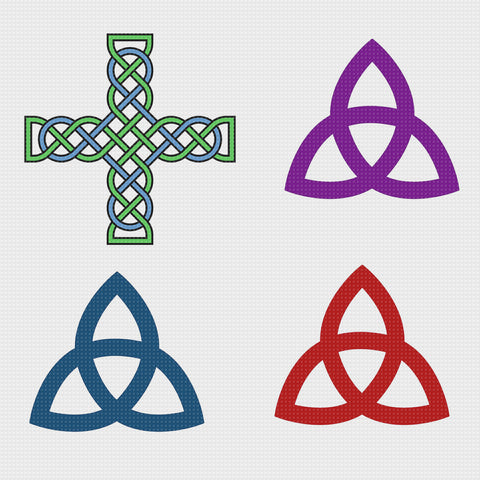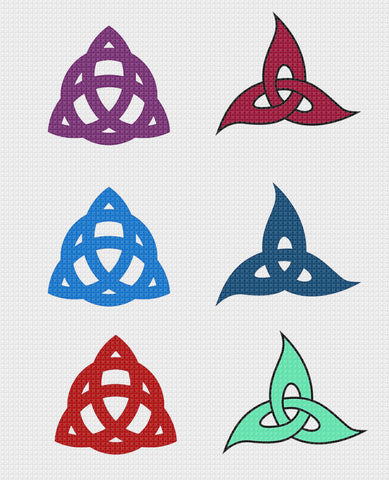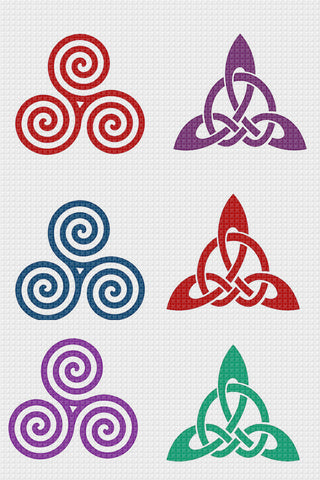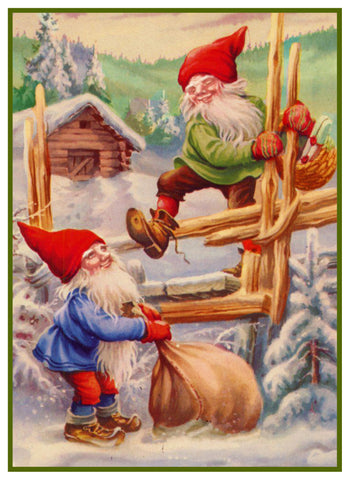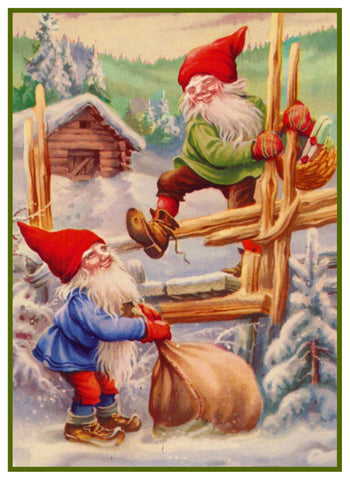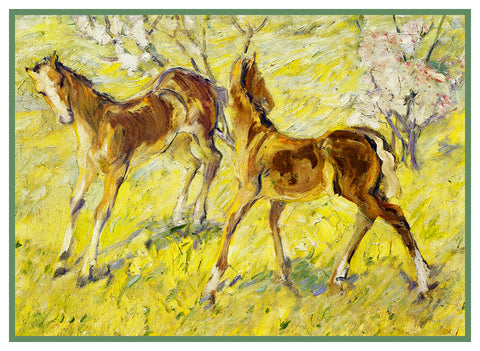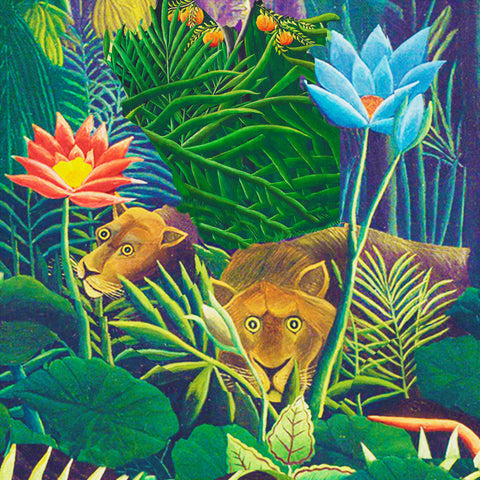- This product is a Digital Download of a COUNTED CROSS STITCH PATTERN. Instructions included.
- This pattern is used to sew and create a cross stitch picture.
- This is NOT a completed product. It is NOT a kit, it is a DIGITAL DOWNLOAD. Floss, fabric, and other supplies are NOT INCLUDED.
- After purchasing you can work from this digital pattern on your device or print the pattern on your own printer.
- The pattern consists of a multi-page enlarged chart that is easy to follow as you work.
- This pattern is in Black and White and uses symbols to differentiate the different threads you will use. It is NOT IN COLOR.
- See the detailed product images attached to this listing showing what you will receive and what the pattern looks like.
- Chart/Patterns use up to 40 colors of floss, which YOU must provide.
- This pattern uses Full Stitches only. No half stitches, and no backstitching necessary.
- Charted for 14 count/grid fabric and DMC Cotton Floss. Finished Size is: 10 inches (140 Stitches) by 16 inches (224 Stitches) when stitched on 14 Grid/Count Fabric
Ohara Shoson (Koson, Hoson) was a Japanese-style painter and printmaker. He began as a student of Suzuki Koson. He painted flora and fauna. Between 1895-1902, Ohara became recognized as a "Nihonga" painter in the 'Kacho-ga' (nature print) genre. During the Russo-Japanese war he produced a few 'Senso-e' (war prints). The majority of his early prints (1900 -1912) were published by Kokkeido and Daikokuya and were designed for the foreign market. All were signed "Koson". Between 1912-1926 Ohara again devoted himself to painting. Using the name 'Shoson', he returned to the woodblock medium, collaborating with Watanabe. Shoson did produce some prints using the name "Hoson' which were published by Kawaguchi between 1930-1931. The majority of his prints were published by Watanabe. While the artist's prints had always been sold abroad, his success in the West was assured as a result of the 1930 and 1936 Toledo Museum exhibitions. More prints by Shoson were sold during these shows than any other artist due to their artistic/decorative nature, and the fact that they sold for one-quarter the price of the works of Yoshida and others. Shoson reached his peak in the mid 1930's. His work is realistic, based mainly on his own sketches and watercolors. It is estimated that he produced more than 450 designs of birds. Ohara Shoson Collections: Cincinnati, Fine Arts Museum California, Honolulu, Minneapolis, Newark, and Staatliche University.


![[product_title] - Orenco Originals LLC Counted Cross Stitch](http://www.orencooriginals.net/cdn/shop/products/10x16AutumnBirdsOhara_bad0be78-b72e-432e-947d-11d4a142392b_1024x1024.jpg?v=1647565359)
![[product_title] - Orenco Originals LLC Counted Cross Stitch](http://www.orencooriginals.net/cdn/shop/products/10x16AutumnBirdsOhara_bad0be78-b72e-432e-947d-11d4a142392b_medium.jpg?v=1647565359)
![[product_title] - Orenco Originals LLC Counted Cross Stitch](http://www.orencooriginals.net/cdn/shop/products/whatyouwillreceiveUSE_-_Copy_-_Copy_-_Copy_866c0986-8f60-4f4e-85f9-89196cb4db09_medium.jpg?v=1647565359)
![[product_title] - Orenco Originals LLC Counted Cross Stitch](http://www.orencooriginals.net/cdn/shop/products/ChartExample_-_Copy_056f55d8-fbdf-4d77-96f8-419116441bb2_medium.jpg?v=1647565359)
![[product_title] - Orenco Originals LLC Counted Cross Stitch](http://www.orencooriginals.net/cdn/shop/products/ChartExample_-_Copy_-_Copy_-_Copy_2_-_Copy_2ddd4ec0-99b9-45d1-8898-7caf2b331bd9_medium.jpg?v=1647565359)
